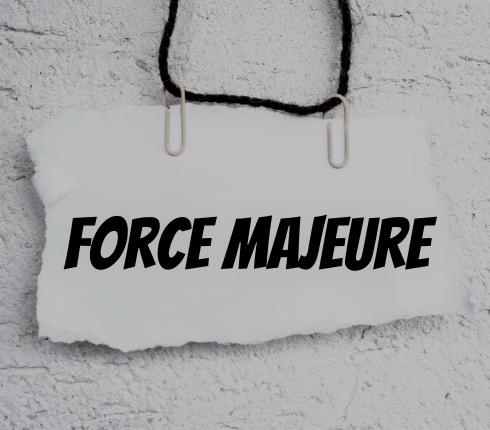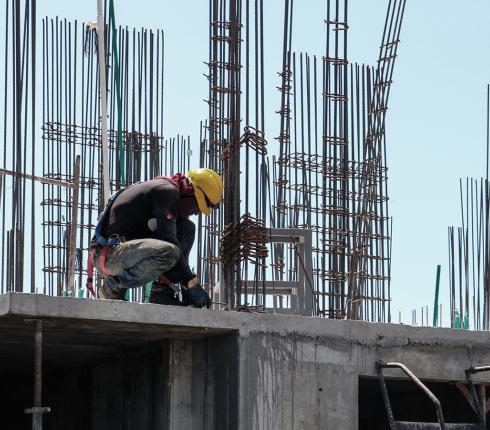NJORD Estonia: What does it mean to sell real estate „as is“?
Often, the phrase “as is” in real estate sales contracts represents a clause, with which the seller completely limits their liability for the possible deficiencies of an immovable and the buyer confirms that the immovable is purchased in its current condition, with all existing deficiencies. By adding this clause to the contract, the seller hopes to eliminate future disputes in case any deficiencies become evident later. The “as is” clause has found its way to Estonian real estate transactions from the English-speaking world (mostly from the Anglo-American justice system), which is why it is necessary to take into account the particularity of the Estonian legislation when applying it to sales transactions of Estonian immovables.
In USA, the “as is „clause does not exempt the seller from the obligation to disclose important facts about the immovable and the buyer retains the right to inspect the immovable and withdraw from the transaction if necessary. The “as is” clause also doesn’t exempt the seller from liability in case of fraud or withholding important information.
The Law of Obligations Act and the current case law, that are applicable in Estonia, show no mercy to the sellers. Generally, the seller is always liable for the deficiencies of an immovable. According to the Law of Obligations Act, the seller is also liable for deficiencies that they might not have been aware of when concluding the sales contract (e.g. soil pollution, damaged bearing structure). Estonian legislation allows to conclude contracts that limit the seller’s liability, but only up to a certain extent. That means that the clause “as is” can’t exempt the seller from liability if the seller has kept deficiencies of sold objects purposefully hidden. That’s why it’s important for the seller to inform the buyer in writing of all the problems and deficiencies that the purchased object might have. According to case law, all deficiencies must be disclosed during the sales process and the list of deficiencies should be included in the sales contract.
If the sales contract is not reflecting the quality of the purchased immovable, incl. its deficiencies, in the course of a possible dispute it will be assessed whether the sold immovable meets at least the average quality requirements and is suitable to be used in a way that these types of immovables are usually used for. The information provided in the sales advertisement of the real estate, such as characteristics that the seller advertised the immovable to have, or provisions of legislation that might prevent the use of the immovable (mainly nature or heritage protection restrictions or the spatial plannings of the area), might also play a big part in the outcome of the dispute. Keep in mind that the court has considered non-functioning apartment associations and noisy neighbours to also qualify as immovable’s deficiencies.
Disclosing deficiencies when concluding a sales contract helps the seller to limit their liability for the deficiencies of an immovable by limiting the buyer’s possibility to use legal remedies (incl. the possibility to lower the purchase price, claim for damages or withdraw from the contract). It’s recommended that the buyer conducts a legal and, in certain cases, a technical audit before concluding the sales contract, to get an overview of the property and to conclude the agreement fully informed of the immovable’s deficiencies and possible risks.





































